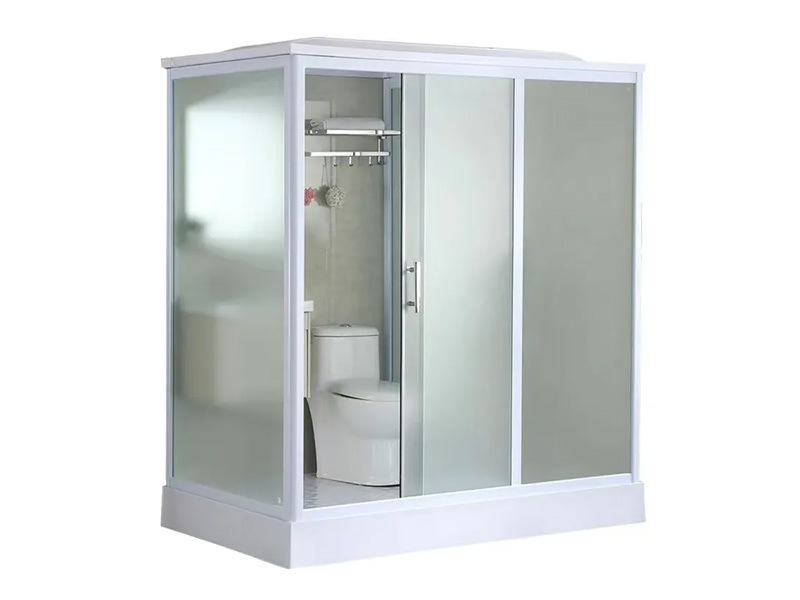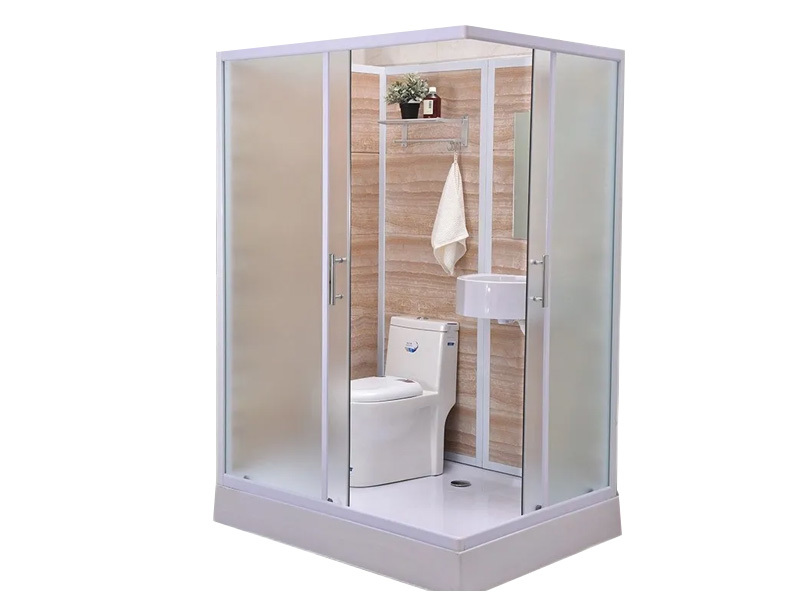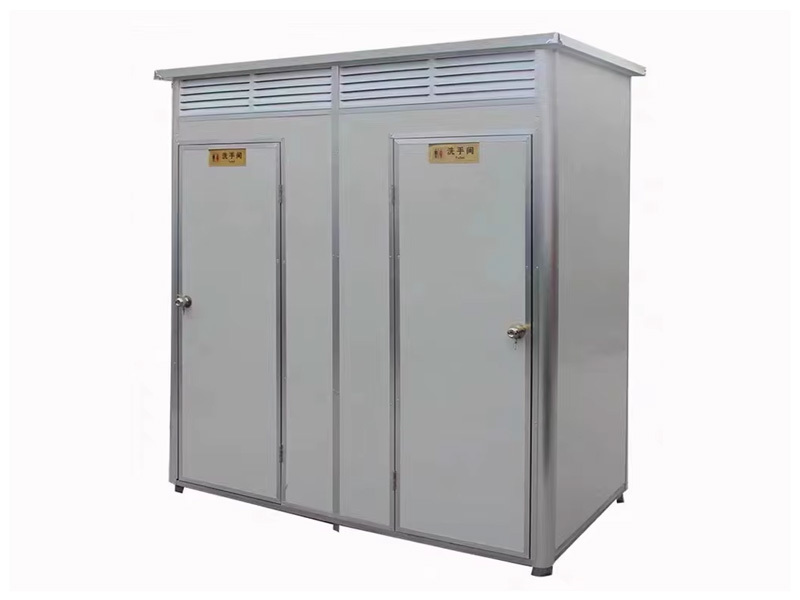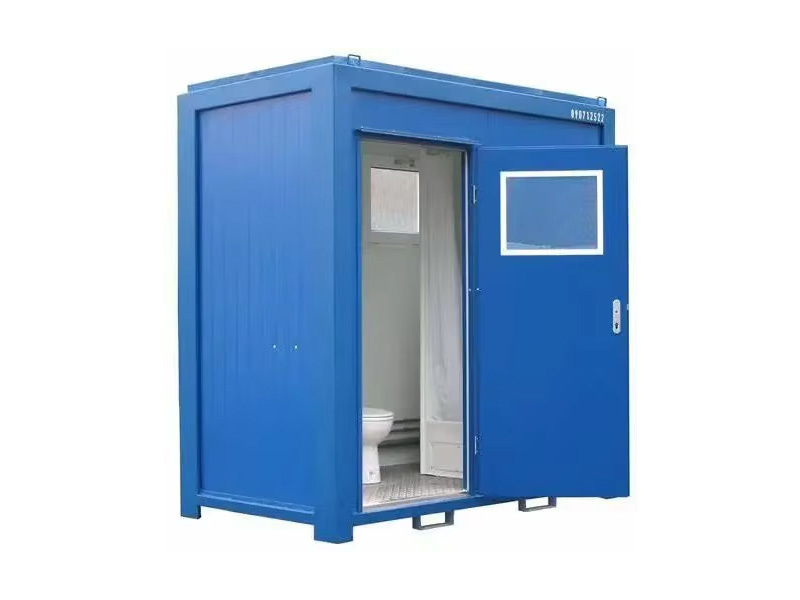Contact
E-mail:
Phone/Wechat:
WhatsApp:
Add:
No. 52, Weier Road, Chengdong Industrial Park, Anping County, Hengshui City, Hebei Province
Folding Container House
- 产品描述
-
Folding Container House
In recent years, the concept of sustainable living has gained significant traction, leading to innovative housing solutions that prioritize both environmental impact and affordability. One such solution is the folding container house, a modern architectural marvel that combines the principles of mobility, efficiency, and sustainability. This article will explore the design, benefits, and future potential of folding container houses.
Design and Structure
Folding container houses are typically constructed from repurposed shipping containers, which are designed to be durable and weather-resistant. The design of these homes focuses on maximizing space and functionality while minimizing waste. The folding mechanism allows these structures to be easily transported and assembled in various locations, making them an ideal solution for those seeking mobility or temporary housing.
The basic structure of a folding container house involves a series of interconnected modules that can be unfolded and expanded. When in their compact form, these modules can be stacked or lined up for efficient transportation. Upon reaching their destination, the containers can be opened up to create a spacious living environment. This versatility in design allows for customization according to individual preferences and needs.
Benefits of Folding Container Houses
One of the most significant advantages of folding container houses is their sustainability. By utilizing repurposed shipping containers, these homes help reduce waste and promote recycling. Furthermore, they can be designed to incorporate renewable energy sources, such as solar panels, and energy-efficient appliances, minimizing their carbon footprint.
Affordability is another critical benefit of folding container houses. Traditional housing can be prohibitively expensive, especially in urban areas where space is at a premium. Folding container houses offer a cost-effective alternative, often requiring less investment in materials and labor. This affordability makes them an attractive option for low-income families, students, or those seeking to downsize.
Additionally, the mobility of folding container houses is a significant draw. As society becomes increasingly transient, with people frequently relocating for work or lifestyle changes, having a home that can move with them is invaluable. These houses can be easily transported to different locations, allowing residents to maintain their living space without the need for permanent real estate commitments.
Applications and Use Cases
Folding container houses have a wide range of applications. They are particularly popular in disaster relief scenarios, where temporary housing is urgently needed. Organizations can quickly deploy these structures to provide shelter for those affected by natural disasters, offering a safe and comfortable living environment in the aftermath of a crisis.
Moreover, these homes are gaining traction in the realm of eco-tourism. Many entrepreneurs are opting to convert folding container houses into unique vacation rentals, providing guests with an innovative and sustainable lodging option. The ability to place these homes in remote or scenic locations makes them an appealing choice for travelers seeking an off-the-grid experience.
Another application is in the realm of affordable housing initiatives. Governments and non-profits are exploring the use of folding container houses as a solution to homelessness and housing shortages. By providing low-cost, easily deployable housing, these initiatives can help address pressing social issues while promoting sustainable living practices.
Challenges and Considerations
While folding container houses offer numerous benefits, there are also challenges that must be addressed. One significant concern is zoning and building regulations. Many areas have strict codes that may not accommodate the unique structure of a container home. Navigating these regulations can be a complex and time-consuming process for potential homeowners.
Additionally, the insulation and climate control of container houses can pose challenges. Shipping containers are made of steel, which can lead to extreme temperatures inside the home. Proper insulation and ventilation systems are essential to ensure comfort and livability throughout the year. Potential homeowners must carefully consider these factors when designing their folding container house.
The Future of Folding Container Houses
As the demand for sustainable and affordable housing continues to rise, the future of folding container houses looks promising. Advances in technology and design are likely to lead to even more innovative solutions, making these homes more accessible and desirable. With increasing awareness of environmental issues and a growing emphasis on sustainable living, folding container houses may become a mainstream housing option in the coming years.
In conclusion, folding container houses represent a revolutionary approach to modern living. Their unique design, sustainability, affordability, and mobility make them an attractive option for a variety of applications. While challenges remain, the potential for these innovative homes is vast. As society continues to evolve, embracing new ideas and solutions, folding container houses may play a pivotal role in shaping the future of housing.
Key words:
Related Products
Removable integrated shower room integrated bathroom partition dry-wet separate bathroom
Ready To Use Prefab House Public Outdoor Bathroom Mobile Portable Toilet And Showers For Camping
Prefab House Public Outdoor Bathroom Mobile Portable Toilet And Showers For Camping







